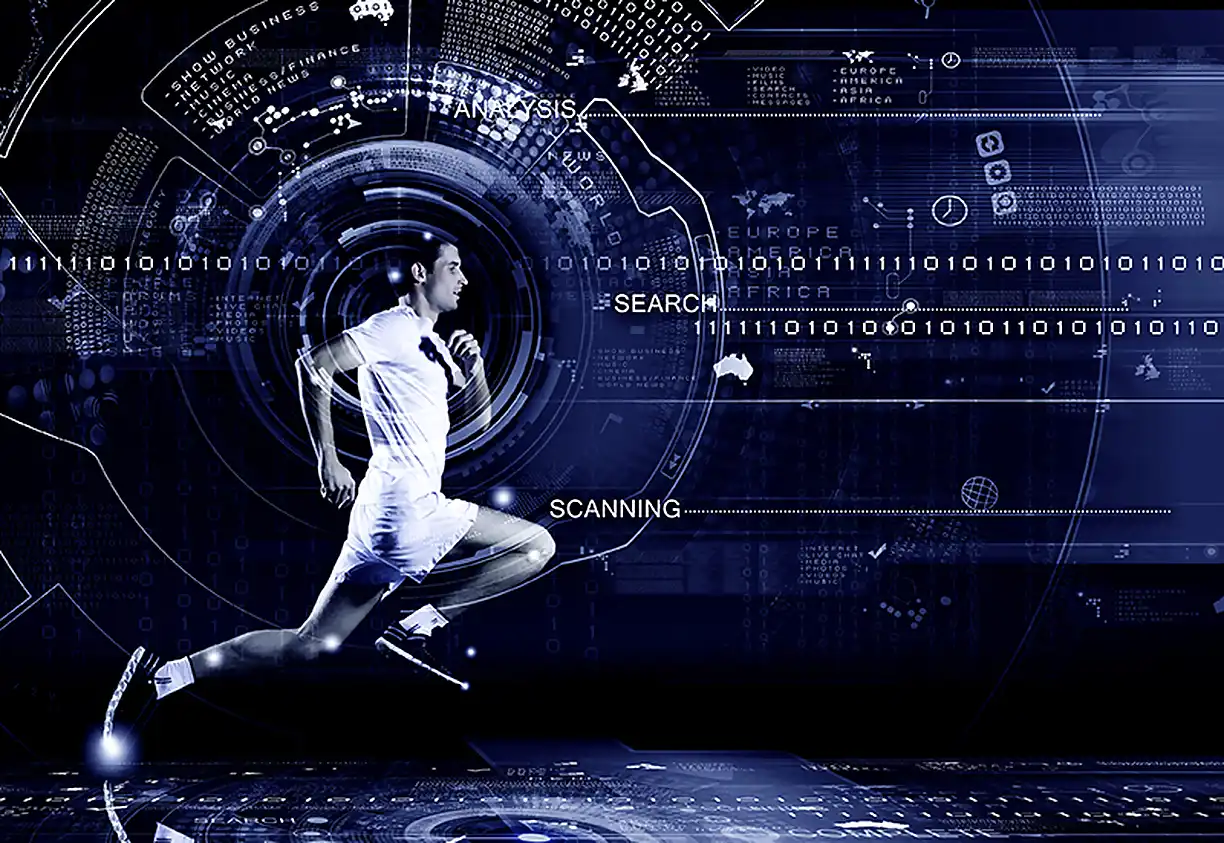The human brain is a complex organ capable of many incredible feats. One of these is the processing of visual stimuli during human interactions. When we see what others do, there’s a fascinating process that takes place in the brain.
From an observational perspective, our brains are built to draw conclusions based on patterns. The accumulated experiences and knowledge we have informs what we expect to see. These expectations significantly influence our interpretation of what we actually see.
When researchers at the Netherlands Institute for Neuroscience studied this phenomenon, they turned their focus on the human interactions. During their study, they worked with predictive models about sensory information used in the brain. In particular, they studied motor-related visual predictions.

They found that when we see others do things, our brains don't necessarily process what we’re actually seeing. Instead, our brains interpret the actions based on what we expected to see. It is a fascinating interplay between reality and perception.
Observing others: A Predictive Model
When we observe others, there's a predicted 'model' already established in our brain. This model is influenced significantly by our past experiences, beliefs, and knowledge. It’s like a sort of cognitive roadmap that guides our interpretation continually.
If we envision ourselves performing a specific action, the brain elicits a prediction that influences our perception of that action when performed by others. Our perception or interpretation of an action might then diverged from reality based on our expectations.
This divergence from reality is where complexities and intrigue lie. It challenges the conventional narrative about the accuracy of human observation. It brings to the fore the influence that our expectations and predictions exert on our perception of events.
Such an influence on perception has many implications for our information processing and cognitive behavior.
The Influence on Information Processing
In the case of information processing, the predictive model of the brain can lead to situations where what we expect to see greatly influences what we ultimately perceive. All in an attempt to reconcile the disparity between reality and what we predicted within our cognitive roadmap.
When this happens, we might stick more firmly to our assumptions and predicted models, even when updated information or new experiences suggest otherwise. This can sometimes result in misinterpretations of reality due to a stubborn adherence to expected patterns.
It is this reliance on the predictive model that can make our interpretation of reality more consistent with our beliefs, experiences, and expectations than with the actual reality itself.
Such a scenario underscores the fascinating interplay between our cognitive models, our predictions, and the perception of reality. It sheds light on how our cognitive processes could be skewed more by what we expect than by what we actually see.
Neural Mechanisms Behind Perception
Having understood how our expectations influence our perception, it's essential to look at the neural mechanisms behind this. Among the crucial parts of our brain that dictate this process includes the parietal and premotor cortex.
These parts of the brain are known to play a significant role in addressing the perceived disparity between what we see and what meets our expectations. When this happens, neural mechanisms within these regions help align our perception more closely with what we expect.
As such, the understanding of these neural mechanisms not only provides insights into our perception but also offers clues about the brain's information-processing strategies. This, in turn, has potential implications for understanding some disorders associated with perception.
From the predictive models of the brain to the impact of expectations on cognition and information processing, it's evident that the human brain works in remarkable ways to interpret the world around us.
The Role of Perception in Cognitive Behavior
Our perception of situations influences our reactions and behaviors. For instance, seeing someone act aggressively might lead us to anticipate potential harm and react defensively. In this case, our expectation of certain behavior influences our response.
Similarly, our expected outcomes from our actions can play a significant role in shaping our behaviors. If we anticipate rewards or positive responses, we can be motivated to act in ways that align with these expectations.
This underlines the fact that our expectations and perceived predictive models can influence our actions and behaviors extensively. Having a proper understanding of the neural basis of these behavioral patterns can help us understand ourselves better.
The cognitive processes to bridge the gap between what we expect and what we encounter in reality affect our cognitive behaviors largely.
Expectation versus Reality: The Neural Perspective
Overall, this neural perspective on the influence of expectations on our perceptions offers intriguing insights. It challenges conventional wisdom about our objective interpretation of our experiences. It invites us to explore the workings of our brain in both interpreting the visual stimuli and reconciling disparities between expectation and reality.
This perspective also underscores the incredible adaptability and complexity of the human brain. It illuminates how our brains navigate through an ever-changing environment, continually updating and adjusting our cognitive models based on experiences, beliefs, and expectations.
Considering this, we can realize that we do not only perceive what our eyes see, but we perceive as per our expectations. It's a stunning revelation that alters the way we understand human cognition and how we interact with the world.
Situating the conversation within the neural perspective, this gives us a unique view into how our brains control our perceptions and actions. How expectations of our previous experiences map and direct our future and foster our relationships with reality.